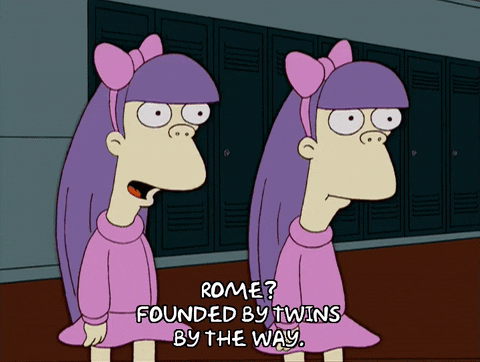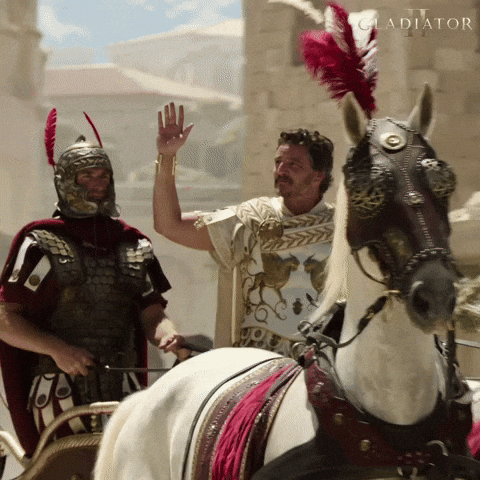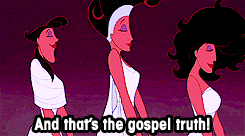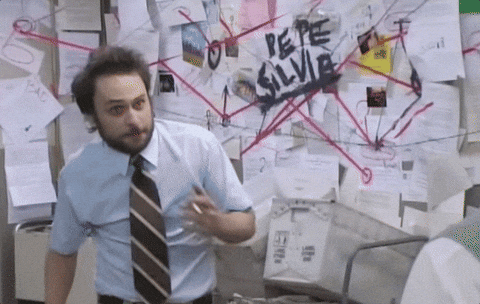Look 105: The lost waltz
Fellow angler,
I’m back to writing these posts on Monday at 11pm when I should be asleep. But in an attempt to make my former English teachers proud, I will end this first paragraph with my thesis: Thanksgiving isn’t a real holiday. It’s a creation myth for this country.
Creation myths are very powerful stories. They tell you how to feel about the place where you live. Here’s a creation myth that many people know: the founding of Rome by brothers Romulus and Remus.
(The idea of) Rome wasn’t founded in a day

Historians know the story of Romulus and Remus is fictional, but you can see how powerful such a story is by the fact we in the Western world still reference it.
Yes, we talk about a lot of other Roman mythology too, but this story remains how most people view the founding of Rome.
During its time, the tale of Romulus and Remus was used by Rome’s elites to define what it meant to be Roman. The story was changed as needed over time to share what leaders felt should be the country’s ideals. They did this mostly for the poor plebeians who the rich needed to continuously keep in line and for the thousands of new residents added every time Rome conquered new land.
While we may not think about it, the story tells of a stronger brother (Romulus) taking charge and founding a city using his strength. His image was refined to make him out as the ideal male specimen.

Romulus was also more than a strong fighter who decided to start a new nation. His mother was a priestess and daughter of a king (so he was born a leader and with religious credibility).
While some historians believe Romulus (and Remus) were born after their mother was raped, Romans changed the story to say they were conceived when their mother visited an area that was favored by Mars (the god of war). So again the final story is made to support the idea that Romans were favored by the gods and destined to be great warriors (the elites needed the populus to believe in the justness of Rome’s constant wars because Rome constantly needed soldiers).
Romulus was found and raised by a she-wolf because the nation he would go on to found also wasn’t about warring factions or one man’s idea to start a new nation. Nature bowed to Rome because it was a powerful nation that was chosen by destiny to beat the odds and become the greatest empire in the world.
The point is that over time, a creation myth influences how everyone sees a country. And the changes may seem subtle but they shape the way one sees the country and the way they see future events.
As more time passes, it becomes more difficult to separate historical fact from the fabricated, heavily curated image of the country. Most people build their opinion based on the creation myth while fewer and fewer people know the true story, making it harder for them to get the general populace to believe that what they claim as facts are indeed the truth.

Thanksgiving as creation myth
I grew up in Massachusetts, which claims to have held the first Thanksgiving as a meal between the Pilgrims and members of the Wampanoag tribe.
Since both groups put aside their differences and came together for a meal, I was taught that Thanksgiving was a day to celebrate everything Native Americans had given us — the foundational help that America, as we know it, could not exist without. Teachers explained that Thanksgiving is a clear example of what makes America great: people of different backgrounds coming together harmoniously for a shared vision (the vision of America).
As with other creation myths, some of the harsher edges were smoothed.
My history books left out how desperate the Pilgrims were. They were on track to becoming another Roanoke colony until the local Natives took pity on them and taught them the basics of how to grow food and generally survive.
It’s easy to read that and say, “They got help and we know that, so what?” Yes, but consider the way we’re talking about these historical facts.
As I remember it from school (and as I hear it in conversations today) the help from the Natives was a small push by the hand of fate, but because fate had already chosen the Pilgrims to found a great country. With 20/20 vision we can look back as a nation and say that creating the U.S. was a foregone conclusion. Nothing could have prevented that and any help along the way was as God intended.
A later idea that became a cornerstone of our country’s foundational myth is that the Pilgrims and settlers built the country up through their own hard work and gumption. They pulled themselves up by their bootstraps.
The earliest reference I can find to the phrase “pull yourself up by your bootstraps” is from 1834. So again we’re dealing with a later ideal that shapes how we talk about the past. And making the founding of America a foregone conclusion is important because it diminished the contributions of the Natives. If they weren’t so much saviors as people who happened to have dinner with us once, it’s easier to diminish their importance.
That’s important because then it’s easier to ignore what settlers did to the Native Americans for the next 300 years. Sure we took their land, forcibly relocated them to areas deemed not useful for Americans, broke treaties, and outright killed many of them, but we only did what was necessary. Ours is a country built on the ideal of people joining hands to share a friendly meal, and we would not inflict harm were it not in some way justified for us to continue on the trajectory to greatness that was predestined for us.
The point I think I’m trying to make here is that not many of us treat Thanksgiving as a way to truly give thanks. It’s more an act of dogma. It’s carrying on what we believe is an age-old tradition that’s fundamental to who we are as a people and as a country. It just happens to be a tradition based on a loose reading of history.

Native American Heritage Day
As an afterthought, the day after Thanksgiving is Native American Heritage Day. Of course that day is also Black Friday, the traditional start of the Christmas shopping season and perhaps as far from a day of thanks as one can get in a mere 24 hours.
It is an interesting way to honor the people who helped you in your hour of need. Though if you’re looking for a way to honor someone without asking anyone to truly do the work to honor them, putting their holiday on Black Friday feels about right.
Is it time to give up Thanksgiving?
I don’t think so. First of all, who cares if people get together with their families and eat some turkey? Second of all, speaking for myself, I have a lot to be thankful for. Any day where I take the energy to reflect and truly give thanks — to those in my life but also to myself — well that’s a good day. Do I actually do that on Thanksgiving? Admittedly, no. Maybe going forward I’ll make more of an effort to reframe this holiday as something of greater value.
Title Track x2
There are two inspirations for this post’s title:
If you’re looking for a music concert/documentary to watch this week, consider The Last Waltz. It was performed live by The Band on Thanksgiving Day in 1976 and includes a string of famous names that my older readers will remember: Neil Diamond, Neil Young, Joni Mitchell, Van Morrison, Ringo Starr, Muddy Waters, Eric Clapton, and Martin Scorsese (as director not performer).
Some guy named Chopin wrote a waltz that was lost for years and only found a couple of months ago when the curator of the Morgan Library & Museum (in NYC) was cataloguing items that were donated in 2019. It’s a 1-minute fragment of a waltz but you can read more about it or listen to it here:
Until next time,
Happy fishing!
Add a comment: